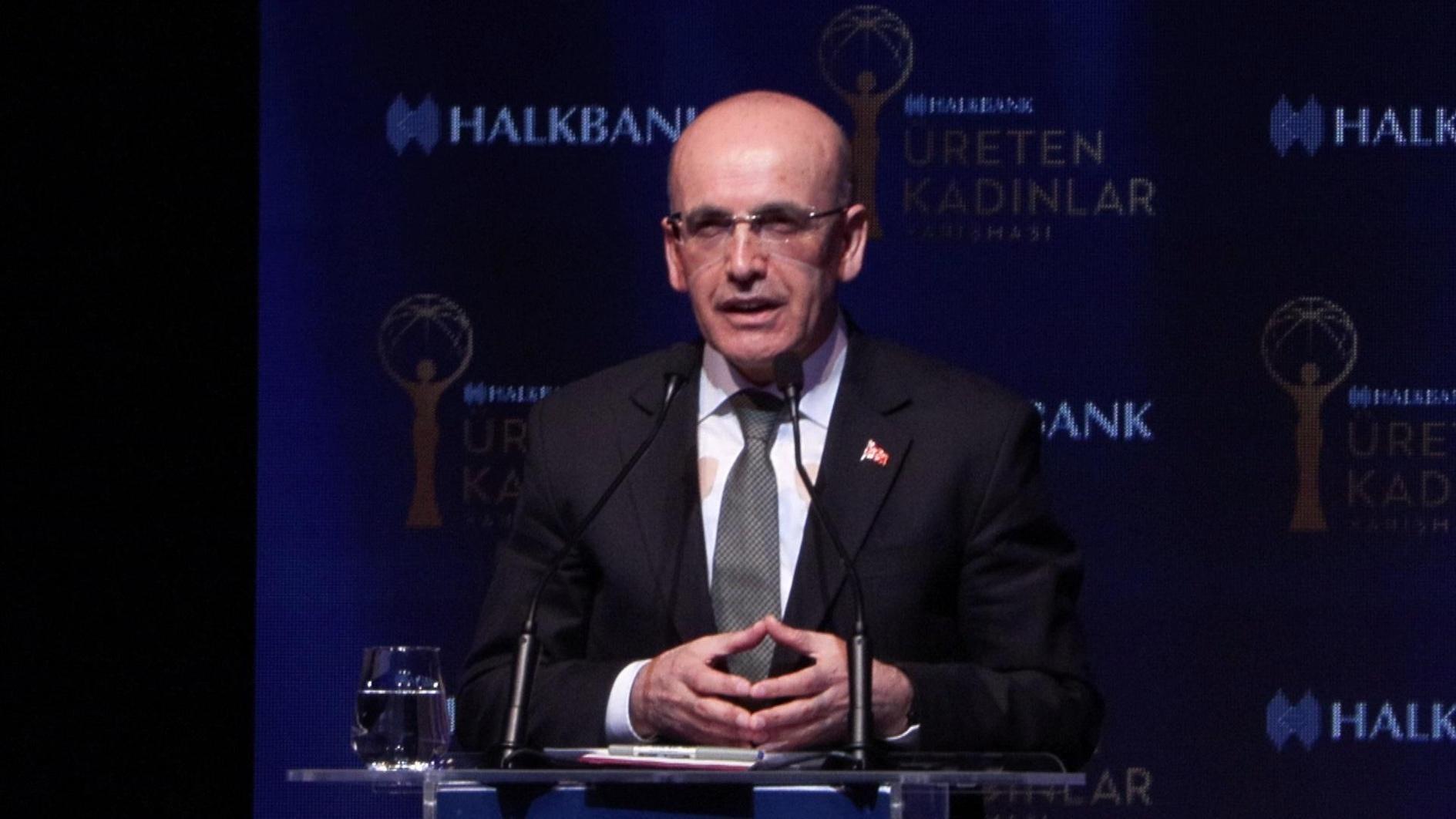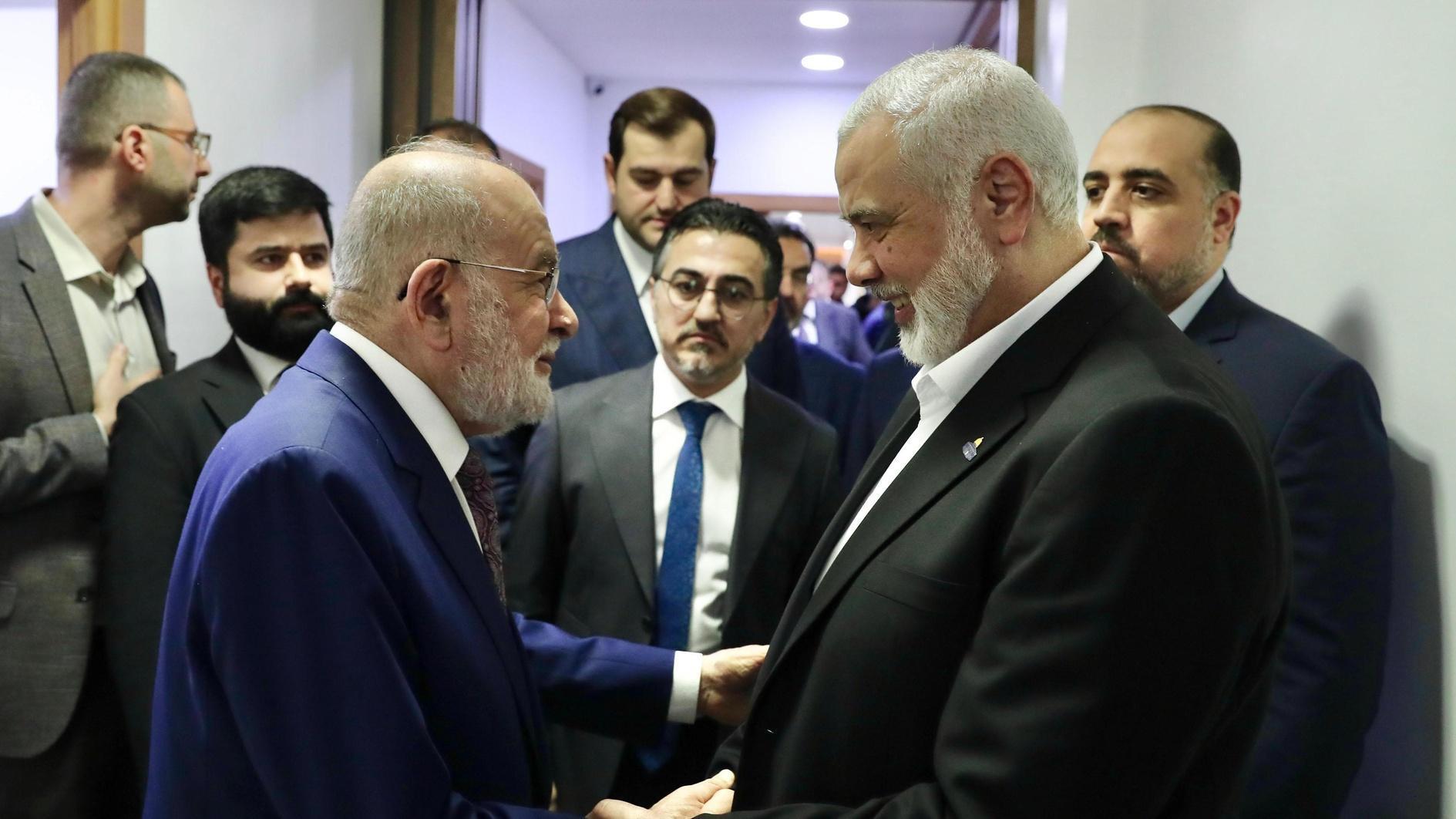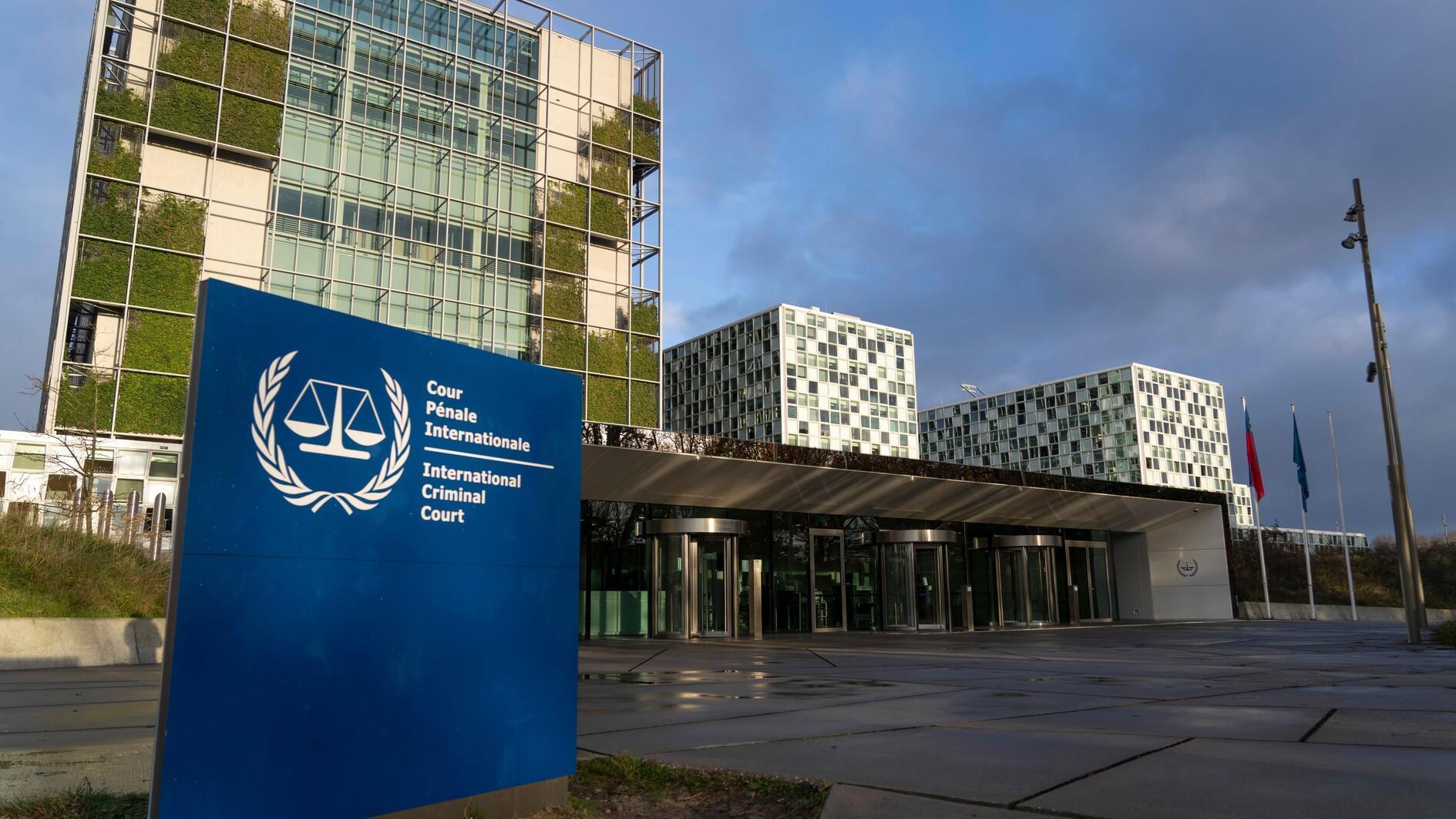Top US court OK suit in Israel passport case
KABUL / WASHINGTON

Hürriyet photo
The Supreme Court ruled yesterday that a lawsuit can move forward challenging a US government policy denying a family's effort to list Israel as the place of birth for a child born in Jerusalem.The case, which raises key issues on foreign policy and separation of powers, can be heard in the courts, the justices said in an 8-1 ruling, rejecting the arguments of the US State Department of interference with the executive branch.
Chief Justice John Roberts said in the majority opinion that the courts "are fully capable" of adjudicating the matter and deciding whether a law passed by Congress should be upheld or struck down. But the top court did not determine the merits of the case.
The case involves Menachem Zivotofsky, a boy born in 2002 whose US parents sought to list "Jerusalem, Israel," as his birthplace, and became entangled in a political struggle.
The case is complicated because Congress passed a measure as part of a foreign relations law which specifically stated that the State Department shall upon request allow US citizens born in Jerusalem to list their birth county as Israel.
But then-president George W. Bush said in signing the law that he would ignore that provision as unconstitutional interference with the executive authority to conduct foreign policy.
The government, including the succeeding administration of President Barack Obama, has argued that listing Jerusalem as part of Israel on US passports would imply US recognition of the disputed capital, and endanger delicate diplomatic efforts to reach a Middle East peace deal with the Palestinians.
A trial court granted a State Department motion to dismiss the complaint on the grounds it presented a "nonjusticiable political question." But the justices disagreed.
"Resolution of Zivotofksy's claim demands careful examination of the textual, structural, and historical evidence put forward by the parties regarding the nature of the statute and of the passport and recognition powers," Roberts wrote.
"This is what courts do. The political question doctrine poses no bar to judicial review of this case." Ari and Naomi Zivotofsky filed a lawsuit in 2004 after State Department officials refused to list Israel as their son Menachem's birthplace. Instead, the birth certificate indicates the boy was born in Jerusalem in 2002.
If Menachem had been born in Tel Aviv or other Israeli cities, his passport would indicate Israel as his place of birth. Under usual practices, US authorities list a country, not a city, as a place of birth.
Nathan Lewin, attorney for the boy's parents, said in oral arguments before the nine justices last year that the case should not be construed as political, but simply a question of allowing American citizens born in Jerusalem to have the identification they choose.
US Solicitor General Donald Verrilli, arguing for the administration, said the constitution gives the executive branch "exclusive recognition power" and added that "the content of the passport is an expression of recognition." While Israel has declared Jerusalem its capital, the United States has joined a majority of nations in refraining from recognizing that status for the holy city that Palestinians want as the capital of their future state.
In a dissent, Justice Stephen Breyer said allowing the case to go forward "risks inadvertently jeopardizing sound foreign policy decisionmaking" by the executive branch.
















